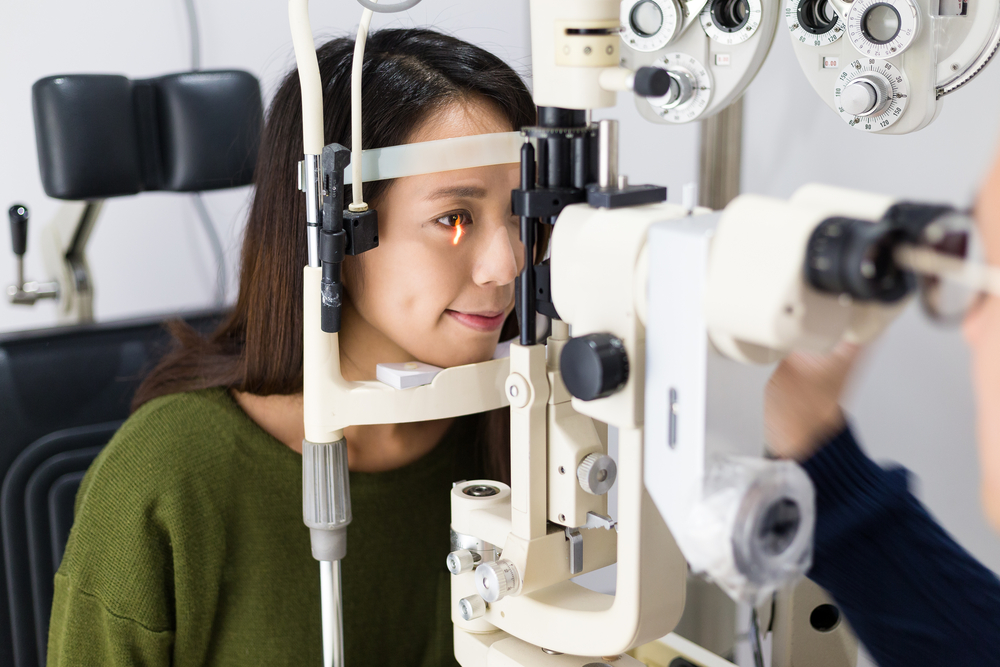Importance of Routine Eye Exams

Scheduling time for what may seem like non-essential appointments such as routine eye exams can be difficult when you lead a busy life. After all, if you aren’t in any pain and you don’t have any serious concerns about your eyes or vision, what is the harm in waiting a few extra weeks? Unfortunately, these weeks often turn into months, and before long, you may find that you are significantly overdue for your routine eye exam. Most eye doctors recommend that all patients attend an eye exam at least once every two years, with many people being invited for an annual appointment.
Why are routine eye exams so important? Let’s find out.
We Take our Vision for Granted
Many of us are guilty of taking our vision for granted, yet we rely on it to function from the moment we wake up until we fall asleep. Being able to see clearly helps us to move around safely, learn, work, and enjoy our hobbies. It keeps us safe, enables us to make important decisions, and helps us to build relationships with people around us. Protecting the health and condition of our eyes should be a priority so that we can maintain excellent vision into the future.
Routine Eye Exams are Preventative
Routine eye exams aren’t only used to diagnose and treat problems that have already developed. They are also an essential part of your preventative care and are invaluable in detecting eye diseases in their earliest stages so that they can be treated promptly before they cause serious or permanent damage to your vision. In many cases, by closely monitoring the health of your eyes and your vision, your eye doctor can uncover deterioration or other issues long prior to you experiencing symptoms and can recommend treatment that will stop them entirely.
Our Eyes Are at Risk From Many Diseases
Unfortunately, there are lots of different diseases that have the ability to cause pain, vision problems and that can even cause temporary or permanent vision loss. Some of the most common eye diseases include cataracts, glaucoma, and macular degeneration. Health conditions such as high blood pressure and diabetes can also have an impact on the quality of our vision. When you see an eye doctor regularly, they will closely monitor your eyes for any signs of disease so that treatment can be provided promptly if problems develop.
Eye Exams Can Be Used to Detect Other Health Problems
You’ll probably be surprised to learn that, in addition, to telling your eye doctor about the health of your eyes, your exam can also be used to detect issues that may be affecting your general health. For example, signs of diabetes, high blood pressure, high cholesterol, sickle cell disease, and even some types of cancer can be detected during a routine eye exam.
You May Not Have Any Symptoms of Eye Disease
One of the greatest challenges of many eye conditions is a lack of symptoms, or slow development of symptoms, which can mean that damage occurs to your vision before you are even aware of it. For example, open-angle glaucoma, which is the most common type of glaucoma, usually develops over a number of months or years. It also affects the peripheral vision first, which makes it far easier to overlook. Similarly, cataracts also develop slowly, within just a tiny spot affecting your central vision. For this reason, many eye diseases are actually detected at routine eye exams, rather than the result of a visit to your eye doctor because you are concerned about your vision.
If you would like to find out more about the importance of routine eye exams or to schedule an appointment with one of our eye associates, please contact our office in Claremore, OK today.



